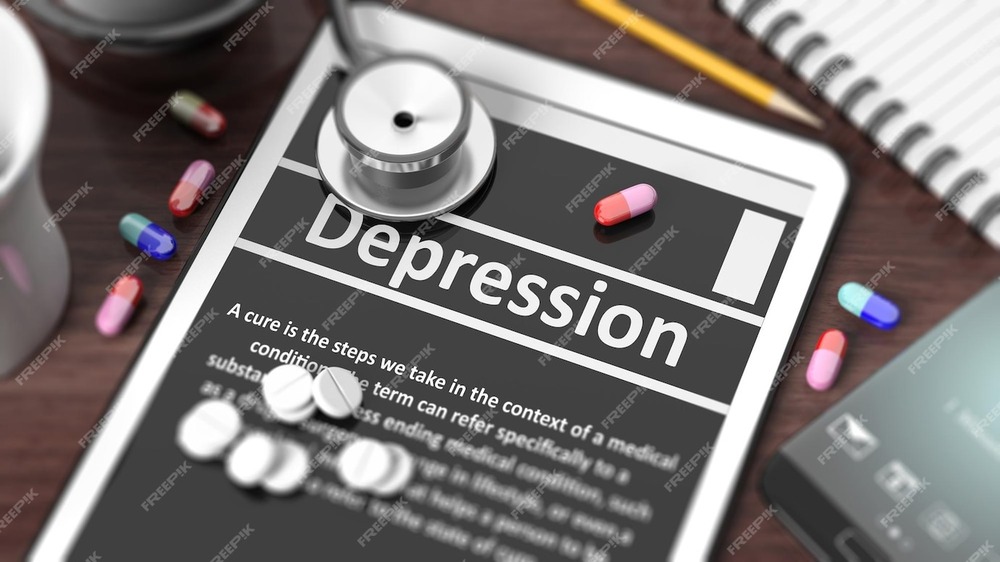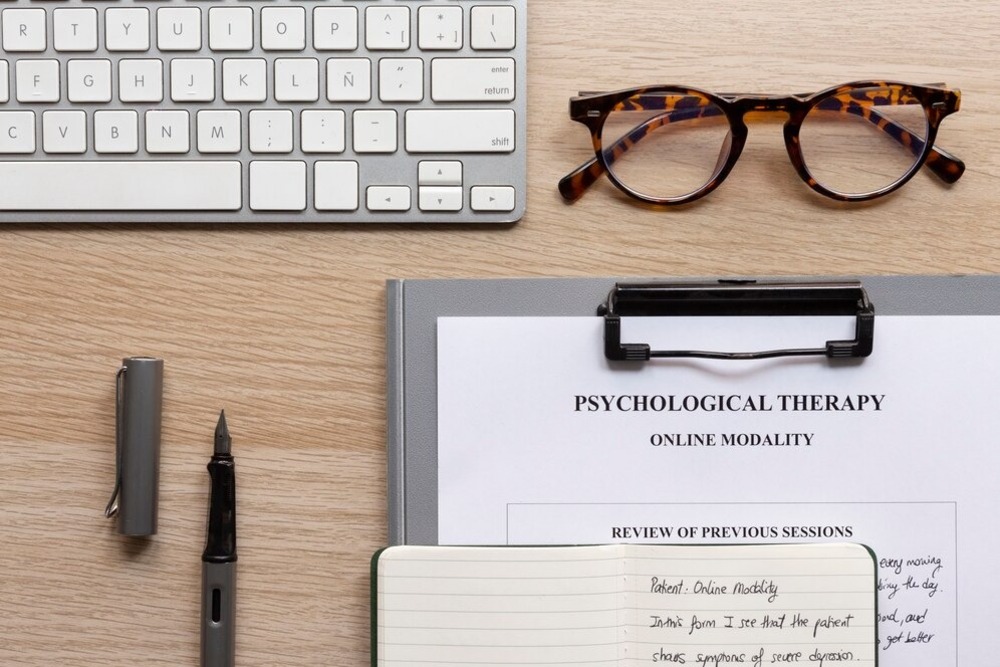Depression is a serious mental health condition that affects millions of people worldwide. According to the World Health Organization (WHO), over 264 million people of all ages suffer from depression globally. Recognizing the signs of depression and knowing when to take a depression test can be crucial for early intervention and effective treatment. In this blog, we will explore the key indicators that suggest you should consider taking a depression test, supported by rich statistics and clear tables to help you understand the importance of addressing mental health issues.

Understanding Depression
Depression is more than just feeling sad; it can manifest in various ways, including persistent feelings of hopelessness, fatigue, and a lack of interest in activities once enjoyed. The symptoms can vary from person to person, making it essential to be aware of the signs.
Here are some common symptoms of depression:
- Persistent sadness or low mood
- Loss of interest in activities
- Changes in appetite or weight
- Sleep disturbances (insomnia or oversleeping)
- Fatigue or loss of energy
- Difficulty concentrating or making decisions
- Feelings of worthlessness or excessive guilt
- Thoughts of death or suicide
When to Consider Taking a Depression Test
If you or someone you know is experiencing several of the symptoms listed above, it may be time to consider taking a depression test. Here are some signs that you shouldn't ignore:
-
Persistent Symptoms: If you have been feeling low for more than two weeks, it's essential to seek help. The longer symptoms persist, the more challenging they can become to manage.
-
Impact on Daily Life: Are your symptoms affecting your work, relationships, or daily activities? If you find it hard to get out of bed, go to work, or engage with friends, it's a clear sign that you should take a depression test.
-
Physical Symptoms: Depression can manifest physically. If you experience unexplained aches, pains, or changes in your physical health, it's worth discussing with a healthcare professional.
-
Family History: If you have a family history of depression or other mental health disorders, you may be at a higher risk. Understanding your family's mental health history can help you recognize when to seek help.
-
Substance Abuse: Many individuals turn to alcohol or drugs to cope with their feelings. If you find yourself relying on substances, it's crucial to address the underlying issues.
Statistics on Depression
To further illustrate the importance of recognizing depression, let's look at some statistics:
| Statistic | Percentage/Number |
|---|---|
| Adults experiencing depression globally | 3.8% |
| Increase in depression rates during COVID-19 | 25% increase |
| Percentage of people who seek help | 35% |
| Average time before seeking help | 10 years |
These statistics highlight the prevalence of depression and the importance of seeking help early. The increase in depression rates during the COVID-19 pandemic is particularly alarming, emphasizing the need for awareness and action.
The Importance of Taking a Depression Test
Taking a depression test can be a vital step in understanding your mental health. Many online resources offer free depression screenings, such as the National Institute of Mental Health and Mental Health America. These tests can help you gauge the severity of your symptoms and determine whether you should seek professional help.
How to Take a Depression Test
Taking a depression test is straightforward. Here's a simple guide:
-
Find a Reliable Source: Use reputable websites like the ones mentioned above to access a depression screening tool.
-
Answer Honestly: The accuracy of the test depends on your honesty. Reflect on your feelings and experiences over the past two weeks.
-
Review Your Results: After completing the test, review your results. If your score indicates moderate to severe depression, it's essential to consult a healthcare professional.
-
Seek Professional Help: Regardless of the test results, if you feel that your mental health is suffering, don't hesitate to reach out for help. Therapy, medication, and support groups can make a significant difference.
Support and Resources
If you or someone you know is struggling with depression, it's crucial to seek support. Here are some resources that can help:
| Resource | Description |
|---|---|
| National Suicide Prevention Lifeline | 24/7 support for individuals in crisis |
| SAMHSA's National Helpline | Confidential treatment referral and information |
| Local Mental Health Services | Check your local listings for nearby support |
Conclusion
Recognizing the signs of depression and knowing when to take a depression test is essential for maintaining mental health. Don't ignore the symptoms; they are your body's way of signaling that something is wrong. By taking proactive steps, you can pave the way for recovery and a healthier, happier life. Remember, seeking help is a sign of strength, not weakness. 🌟
If you or someone you know is struggling, reach out for support today. You are not alone, and there are resources available to help you through this challenging time. 💪❤️




